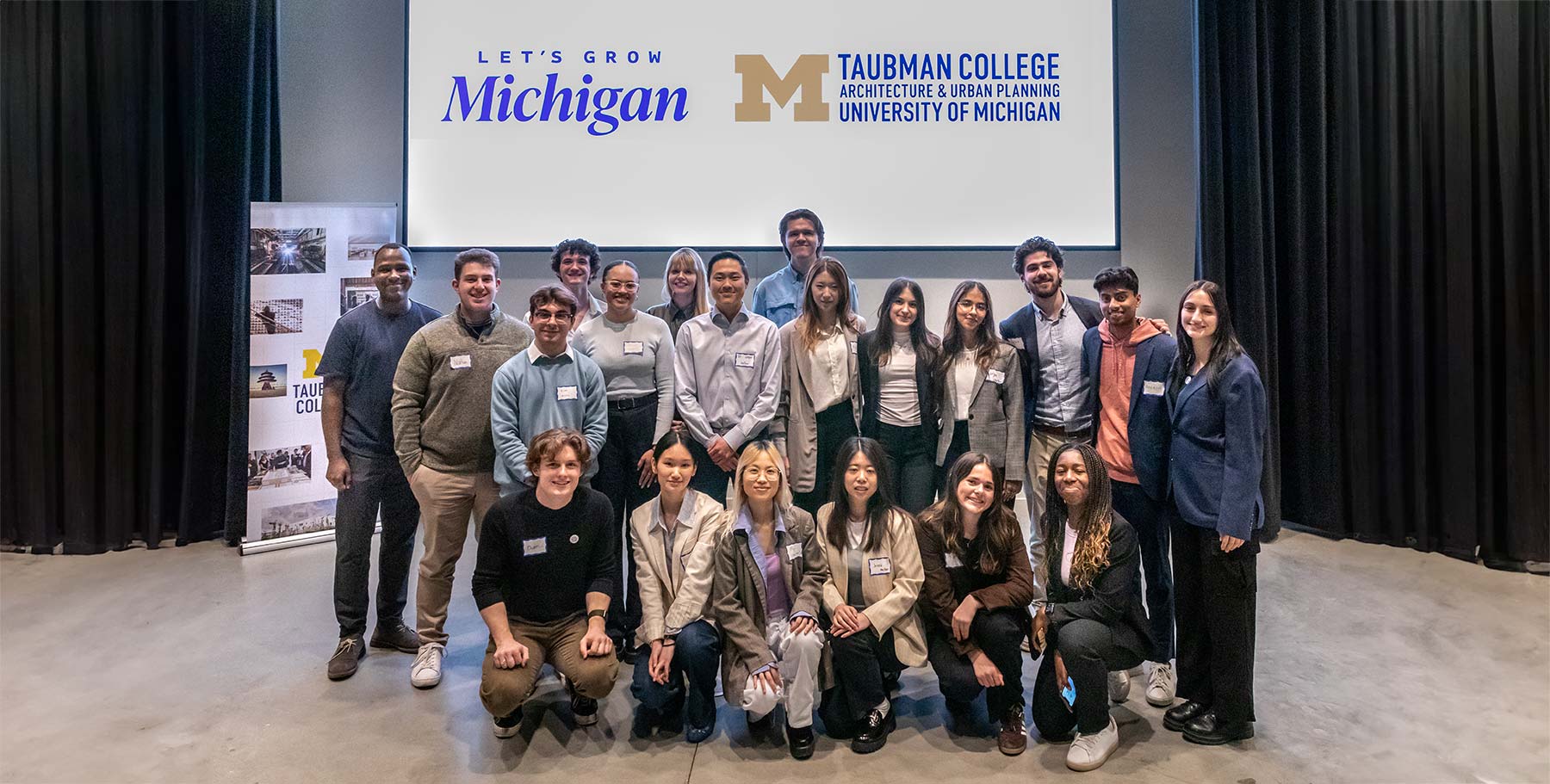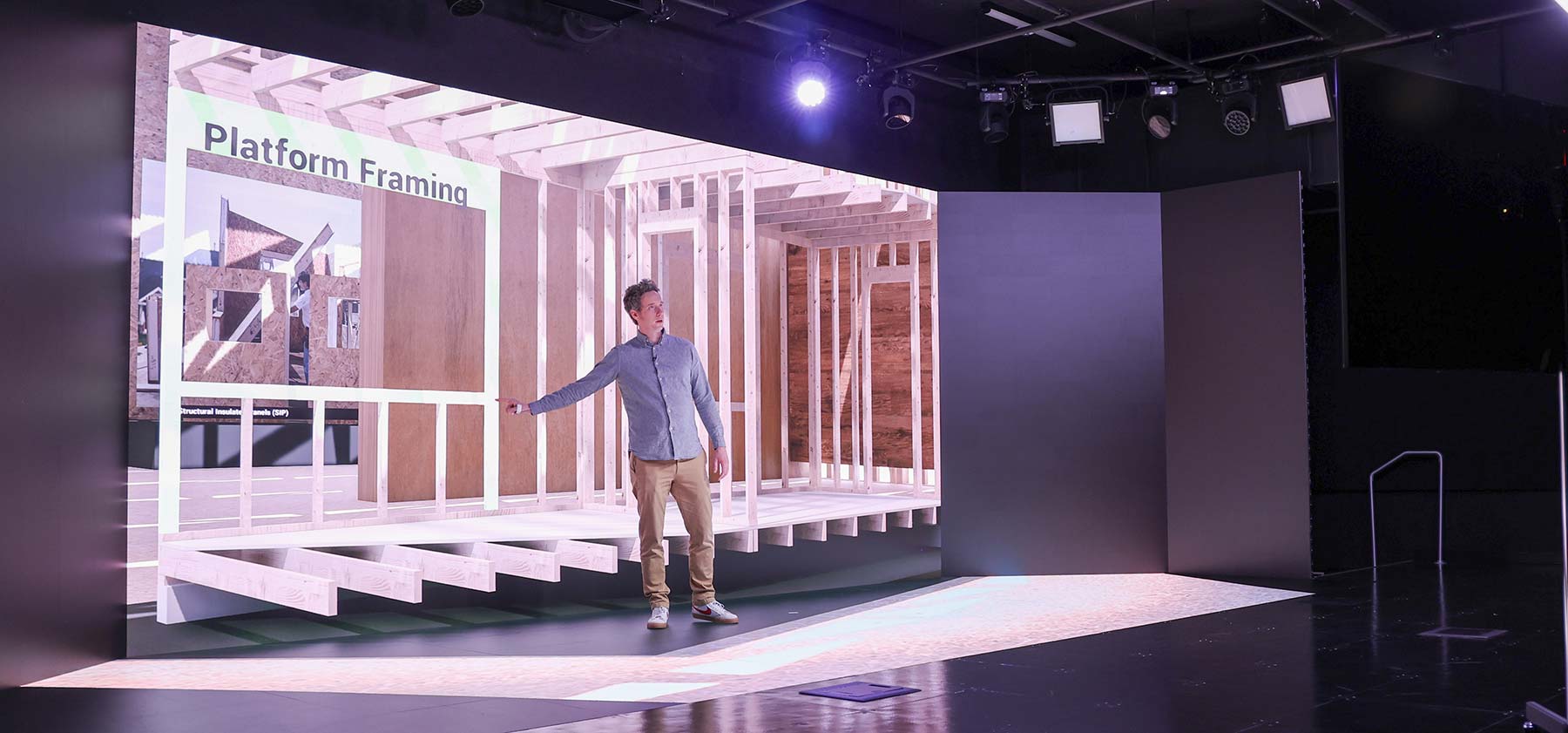Robert Adams, Associate Professor of Architecture, is a designer who makes things that seek to transform how we engage the physical world. His work has primarily taken the form of installations and exhibits in which artifacts, constructed apparatuses, and architectural spaces are used to reveal and interrogate the social, political and experiential aspects of the public realm.
Adams will join a collaborative team of researchers on a project titled, “Understanding the Role of the Built Environment for Older Adult Mobility using Mobile Technology.” The Cube was prososed by Philippa Clarke, a Research Associate Professor at the Institute for Social Research. Neil Alexander, a Professor of Geriatric and Palliative Medicine will collaborate with Clarke and Adams on the research.
The research, as explained on the MCubed website, is as follows:
With a social scientist, a geriatrician, and an architect, this interdisciplinary cube will advance our understanding of the features in the built physical environment that impede or enhance independent mobility among urban-dwelling older adults. Using a state-of-the art mobile motion monitoring system coupled with mobile GPS and travel diaries, we will study walking motion and intensity in older adults’ own environment as they encounter (or avoid) specific built environment features (e.g. discontinuous sidewalks, ramps, tactile pavement, and curb cuts). We will integrate mobile data uploaded to a central computer with subjective responses gathered during a neighborhood walking interview. Our sample will also include older adults who use different mobility devices (e.g. cane, walker, wheelchair) so that we can understand how different devices interact with different environmental features to impede or promote mobility.
A primary objective of Adam’s research on disability culture is to develop civil infrastructures and adaptive architectures to advance more detectable and responsive environments. My research focuses specifically on the cooperation between individuals with physical impairments and the constructed environment, which is composed of technological, operational, and social complexities. Currently, a profound disconnect exists between advancements in environmental accessibility and in assistive technologies for people with physical disabilities. My research is positioned in this gap, and is developing new terms of exchange between the two. The work resides between two technological scales—environmental and human—to address the limitations and extents of each and ultimately promote more responsive, sentient civic spaces.
Visit the description of the project on the MCubed site.
MCubed is a two-year seed-funding program designed to empower interdisciplinary teams of University of Michigan faculty to pursue new initiatives with major societal impact. The program minimizes the time between idea conception and successful research results by providing immediate startup funds for novel, high-risk and transformative research projects. The funds are intended to generate data for groundbreaking, high-impact publications, or preliminary results for new, innovative research proposals. The program also includes high-visibility, campus-wide research symposia to showcase the resulting groundbreaking research.




